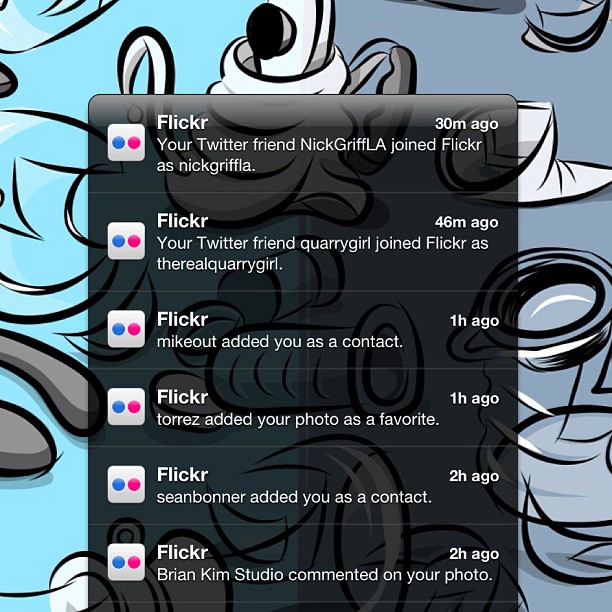
One Takes All: How Attention is Successful in Our Economy
There are reasons why the economy of attention works, but it’s not as obvious as it seems.
A constant fight against loneliness and the illusory belief that celebrities deeply care about us individually are among the causes behind the success of the attention economy.
Newspapers, TV, Radio – The Economy of Information

In the past, education and knowledge were reserved to a few chosen ones. Even academic settings were restricted, so many people relied on media such as Newspapers, TV, and Radio to be knowledgeable about what happened in the world. When there was troublesome news, more often than not you were forced to read or listen to both sides of the story – it was right there in front of your eyes. You couldn’t just “block it”.
At this point, we let the Internet take over, and we introduced a faster way to do things.
It’s extremely productive, I can’t deny it. And on one hand, the Internet brought us closer by forming a huge single worldwide community. On the other hand, we now have all the information that we need. Or so we think, since news keeps bombarding us. Furthermore, we’re lonely. And feeling lonely doesn’t usually bring positive consequences. With these new notions in mind, we let the economy of information go and welcomed an economy of attention, happy that it would feel better.
Internet and Social Media – The Economy of Attention

As the Economist already said, there’s an ongoing “battle for consumers’ attention.” In order to do that, every big corporation needs to make sure they each get one medium for every kind of communication. For example, Instagram recently introduced Instagram TV, which tries to compete against YouTube through videos longer than 30 seconds. Similarly, Facebook recently bought Whatsapp to guarantee hegemony among messaging apps. In the end, whoever grabs your attention first then takes it all and keeps it for a while.
Another reason why the attention economy works so well is that we’re lonely, as I mentioned before. It might not necessarily be true, but ads and markets make us believe it. As a result, we hold on tight to whatever trace of bond and friendship we may find online. In this case, influencers and internet personalities. These individuals often catch out attention through live streams, Instagram stories, Facebook and YouTube videos, only to sell us products that we didn’t know they were silently promoting. The life of an average teenager has changed a lot, as Amanda Hess confirms.
One more problematic aspect of the attention economy is that, by racing to get our attention, we get so many inputs that we only choose the ones we like, which are not necessarily the ones we need. By doing this we give in to our confirmation bias, as mentioned by Oliver Burkeman, who understood the potential danger that we could encounter if we don’t listen to both sides of a story.

There are many more reasons to discuss, but I’ll leave that discussion to the comment section if you want to leave a comment, or to a future post! Subscribe to my newsletter if you want to get the latest news!
See you on my next post, which will be a review!
app, attention economy, emotion economy, internet, kids, smartphones, social media, time limit